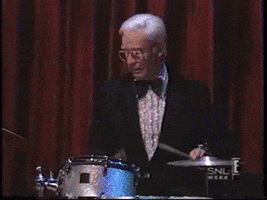pfister1
2023-24 Iggy Winner ACC & OOC Record
- Joined
- Aug 26, 2011
- Messages
- 8,918
- Like
- 15,048
There is zero chance of this happening. 3 scholies annually over 4 years = a team of walk ons.
I expect 1-2 scholies total over the next 1-2 years.
So are we all going to be surprised when we learn what the NCAA has on us?? I just don't feel like I've heard anything that would justify the loss of 1-2 scholarships when self reported and self policed.
- The drug policy thing seems like absolute bs to me given that it was an internal policy that was not required by the NCAA - kind of like not enforcing a game night curfew.
- Any Fab academic hijinx seem like they were already offset by his suspension for the remainder of his sophmore season.
- The Bernie thing is the Bernie thing and I doubt the NCAA would touch it with a 10 foot pole given that no one has been able to legally substantiate any of it and there are still civil lawsuits pending over it.
Last edited:


